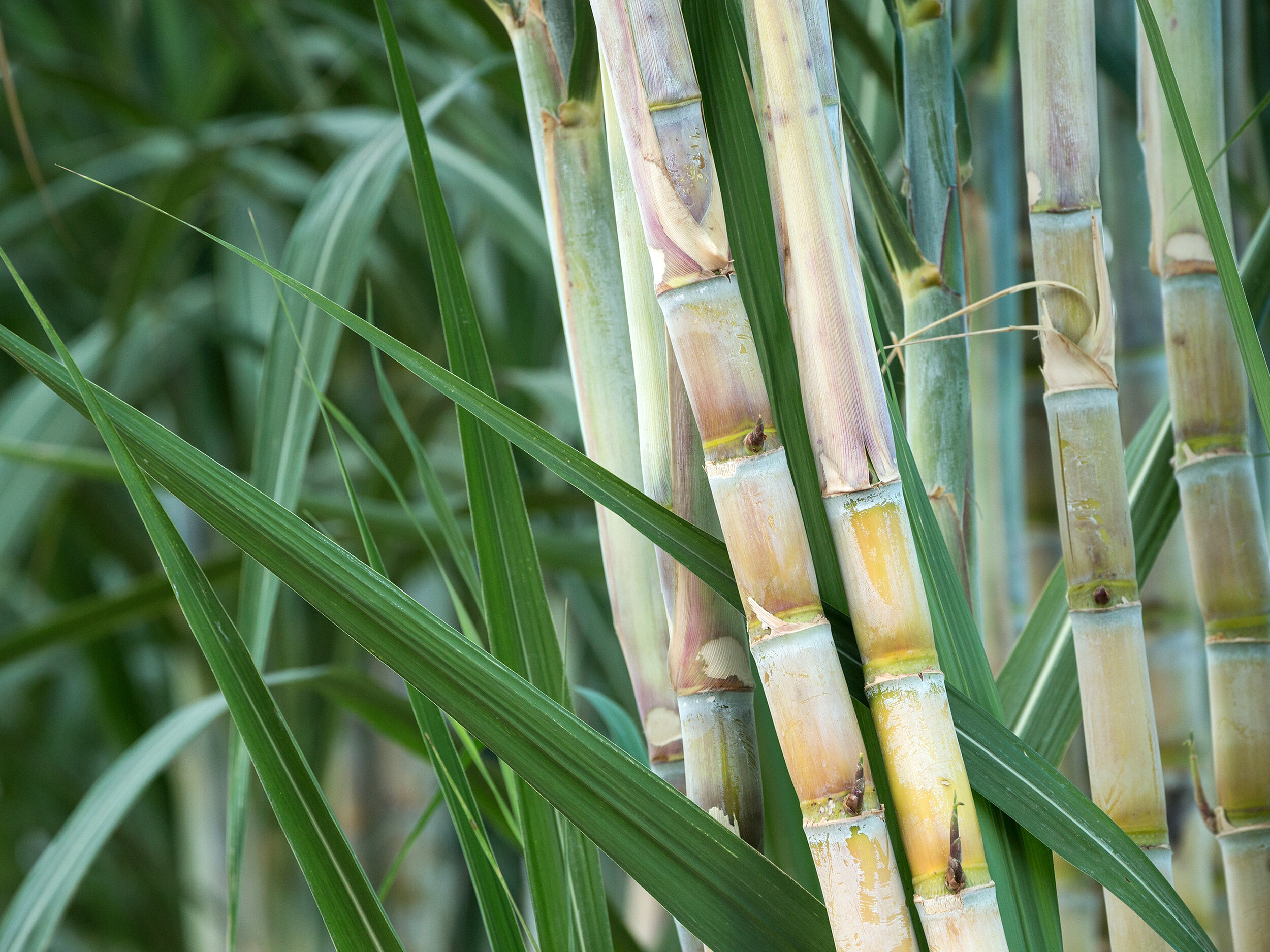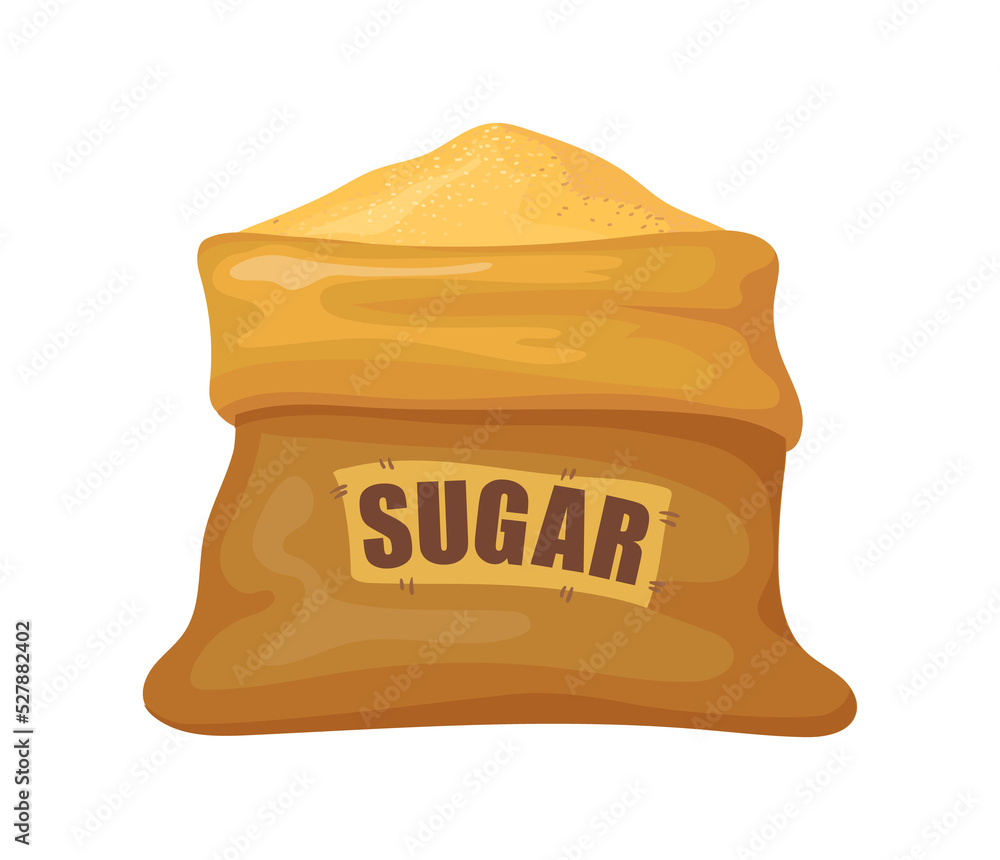Understanding the Production Process of Sugarcane Product for Buyers
Understanding the Production Process of Sugarcane Product for Buyers
Blog Article
Lasting Sugarcane Products: From Sweeteners to Eco-Friendly Goods
The potential of lasting sugarcane items expands past typical sweeteners to include an array of environment-friendly items, offering an engaging instance for their combination right into contemporary customer methods - sugarcane product. As the world comes to grips with pushing environmental problems, sugarcane becomes a functional source with the ability of addressing both dietary demands and sustainability objectives. This conversation will explore just how developments in sugarcane farming and handling can result in substantial developments in naturally degradable packaging and eco-conscious textiles. What ramifications might these developments have for future customer selections and ecological impact?
Review of Sugarcane Sustainability
As the need for environmentally friendly items expands, comprehending sugarcane sustainability becomes increasingly important. Sugarcane, a flexible crop, is cultivated mostly in exotic and subtropical areas, and its sustainability is important for both environmental health and financial viability. Lasting sugarcane farming methods concentrate on reducing ecological influence while making best use of performance and success.
Trick aspects of sugarcane sustainability consist of effective land use, minimized chemical input, and improved water management. Practices such as plant rotation, integrated insect administration, and organic fertilizing add to soil health and biodiversity. In addition, cutting-edge innovations, such as precision farming, help enhance resource use and minimize waste.
Additionally, sugarcane is a sustainable resource, with byproducts that can be made use of in various industries, from biofuels to naturally degradable plastics, consequently decreasing reliance on nonrenewable fuel sources and diminishing carbon impacts. Accreditations like the Bonsucro typical motivate sustainable techniques across the supply chain, advertising openness and accountability.

Sugarcane-Based Sugar
Using sugarcane as a primary source, sugarcane-based sweeteners have actually acquired prestige as all-natural options to artificial sugar and polished sugars (sugarcane product). These sweeteners, stemmed from the extraction and handling of sugarcane juice, offer a variety of items that accommodate varied customer choices, consisting of organic and minimally refined options
Amongst the most significant sugarcane-based sugar are raw cane sugar, panela, and molasses. Raw walking stick sugar preserves more of the natural tastes and nutrients located in sugarcane, making it a popular option for health-conscious customers. Panela, a conventional Latin American sweetener, is produced by evaporating sugarcane juice, maintaining its natural minerals and vitamins. Molasses, a by-product of sugar extraction, is abundant in anti-oxidants and important nutrients, functioning as a healthy sweetening agent in various culinary applications.
The growing need for sugarcane-based sugar is driven by enhancing awareness of wellness and sustainability problems related to standard sweeteners. By choosing sugarcane-derived products, consumers not only sustain sustainable farming practices yet likewise contribute to a healthier way of living, straightening their nutritional options with their ecological values.
Biodegradable Packaging Solutions
Becoming a feasible alternative to traditional plastics, naturally degradable product packaging options acquired from sugarcane are changing the packaging market. These ingenious materials supply an eco-friendly option that resolves the growing issues over plastic pollution. Making use of the all-natural sugars found in sugarcane, makers are establishing different types of eco-friendly packaging, consisting of movies, containers, and covers that decompose much more rapidly than conventional plastics.
The key advantages of sugarcane-based product packaging depend on its sustainable sourcing and its capability to break down right into safe by-products. Unlike fossil fuel-derived plastics, which can linger in the atmosphere for centuries, sugarcane packaging commonly disintegrates within a couple of months under proper conditions. This reduction in waste not only minimizes land fill overflow but likewise reduces the carbon footprint connected with packaging materials.
Furthermore, sugarcane-derived packaging keeps robust efficiency characteristics, offering similar durability and performance to conventional alternatives. As services and consumers progressively prioritize sustainability, the fostering of eco-friendly packaging options stands for a substantial action in the direction of a circular economy, where products are reused and regrowed as opposed to discarded. This shift not only enhances brand name image however likewise adds to a more sustainable future for the earth.
Eco-Friendly Textiles and Fabrics
Environmentally friendly textiles and textiles are obtaining traction in the style and home products sectors as customers progressively demand lasting choices to conventional products. Among the noteworthy alternatives are fabrics acquired from sugarcane, which supply an eco liable alternative to synthetic fibers. These textiles are created through a process that makes use of the renewable energies discovered in sugarcane, substantially lowering reliance on petroleum-based materials.

Brands are significantly integrating environmentally friendly fabrics into their line of product, mirroring a more comprehensive dedication to sustainability. This shift is not just a fad yet an essential advancement in action to ecological problems. As the marketplace for sustainable textiles increases, consumers can look forward to ingenious styles that combine design with eco-friendly duty. Inevitably, environment-friendly textiles and materials stand for a considerable step towards decreasing the fashion business's environmental footprint while dealing with the growing demand for accountable consumer options.
Developments in Sustainable Farming
Transforming agricultural techniques, innovations in sustainable farming are changing the method crops are expanded and managed. These improvements concentrate on minimizing environmental impact while making best use of performance and efficiency. Strategies such as accuracy farming make use of information analytics and satellite images to maximize source use, ensuring that water, plant foods, and pesticides are applied just where required. This targeted technique not just lowers waste but likewise improves plant yields.

Furthermore, agroecology, which integrates environmental principles right into farming, advertises biodiversity and soil health and wellness. Practices such as crop turning, cover chopping, and intercropping foster resistant ecological communities that can hold up against parasites and environment variants - browse around this site sugarcane product. In addition, making use of organic plant foods and biopesticides adds to healthier soils and ecological communities

Together, these technologies are not just improving the agricultural landscape however additionally adding to a more sustainable future for sugarcane and other plants, lining up farming experiment environmental stewardship.
Verdict
Sustainable sugarcane products stand for a considerable innovation in environmentally friendly alternatives, spanning from all-natural sugar to eco-friendly goods. As customer preferences significantly lean towards sustainable alternatives, the versatility of sugarcane as a sustainable resource comes to be increasingly appropriate.
The potential of lasting sugarcane products prolongs past conventional sugar to encompass a range of eco-friendly products, presenting a compelling case for their combination into modern consumer practices. Sustainable sugarcane farming techniques focus on reducing environmental effect while optimizing performance and earnings.
Lasting sugarcane items represent a substantial development in environmentally friendly options, spanning from all-natural sugar to biodegradable goods. The cultivation of sugarcane with lasting techniques check not just boosts ecological health and wellness but likewise contributes to financial feasibility. As consumer choices progressively lean towards lasting choices, the versatility of sugarcane as a renewable resource comes to be progressively appropriate.
Report this page